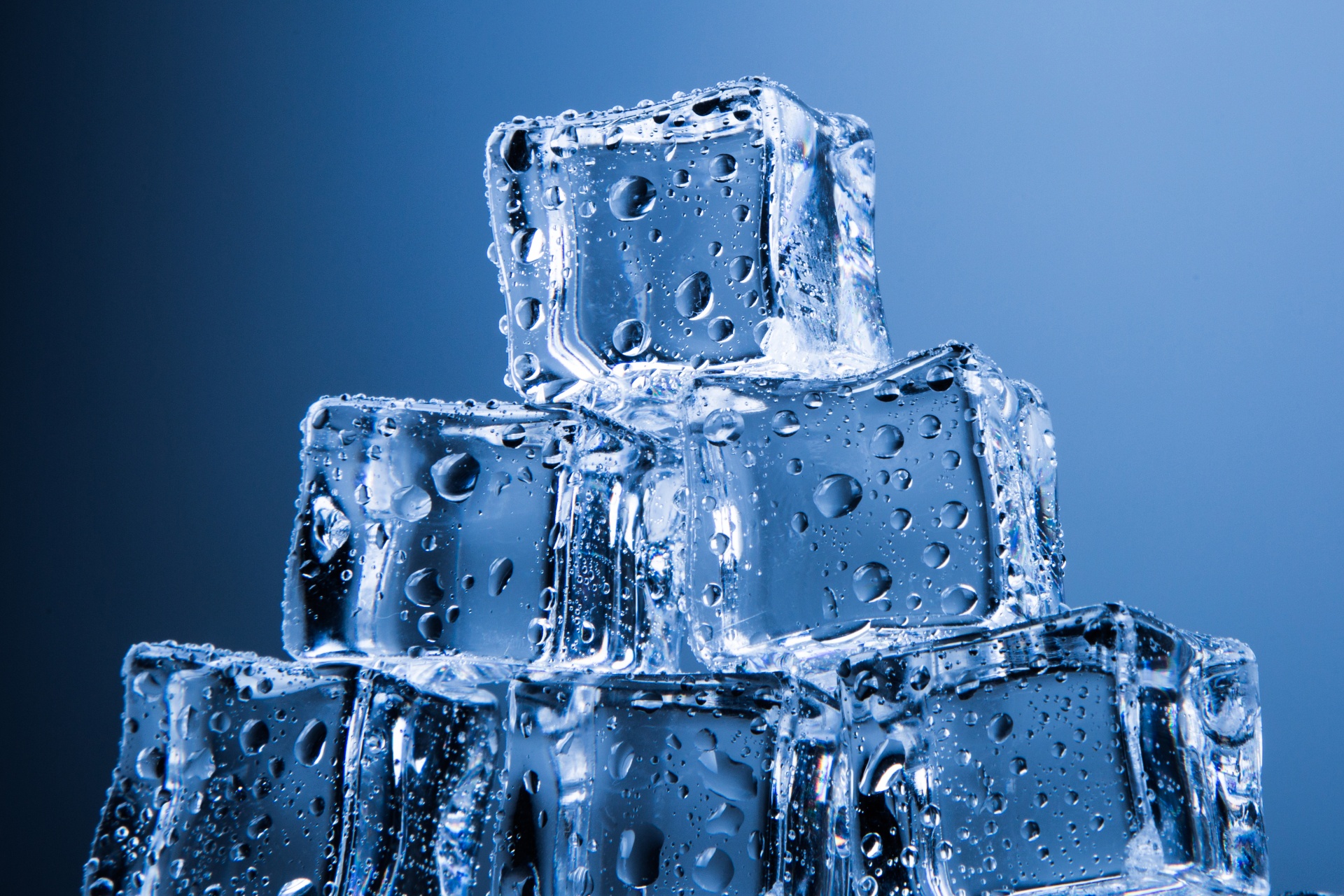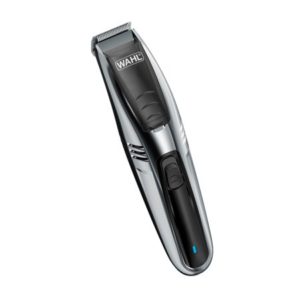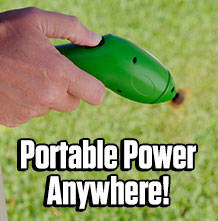The GROSS Reason You Should Avoid Ice in Restaurants

Take a closer look at that glass of water you just got. It may not be as clean as you hope.
It seems like every week there’s another gross thing in our kitchens or restaurants that we need to avoid. Like most people, I try to take these with a grain of salt. After all, a little dirt is good for your microbiome, right? But there’s dirt, and then there’s filth. And I worked in restaurants for years and years, so trust me when I tell you—restaurant ice is filthy.
When you see a cube of ice in, say, a cocktail or a soda, it has already touched at minimum six different surfaces—none of them are likely to be as clean as they should be. First, there’s the ice machine, which often sits in the basement or somewhere else out of the way, and makes the ice. Next is the scoop, which a person (who may or may not have had clean hands) used to scoop into the third point of contact: A bucket.
From the bucket, the ice is dumped into a bin for servers to use—that’s point four. Point five is another scoop that another person used to put it into point six, which is your glass.
Even in very clean restaurants, the chance of some kind of contamination is high.
True, ice itself is well outside the “danger zone,” or temperature range where bacteria grow fastest, but the machines themselves are still often breeding grounds for mold, bacteria, and fungus—and the ones that grow in cold environments tend to be heartier and tougher to kill.
Case in point: An article in Food Safety Magazine from way back in 2013 dove deep into the specific ways that machines can develop something called “biofilms” in which bacteria grow together in a thick layer that, once formed, protects them. For example, listeria is 1,000% harder to kill when it’s found in a biofilm.
It turns out ice machines are an attractive place for these nasty little layers to develop. And once a biofilm forms, it’s difficult to rid a surface of it, as the article points out, “It is well known that normal cleaning and sanitizing methods may not control or eliminate biofilms, but rather they must be physically removed or prevented from forming on surfaces.”
Unfortunately, ice machines are hard to clean, and often the first thing to be overlooked. I’ve seen this even when working in the nicest fine-dining establishments. In order to prevent biofilm from forming, Food Safety recommends cleaning ice machines “on preferably a weekly schedule, but no less than monthly.” But the FDA requires that ice machines be cleaned “per manufacturer’s suggestion,” which is often only two to four times per year. (And even that doesn’t always happen.)
The ice bins themselves are also supposed to be emptied, washed, and bleached at the end of every night. But especially in the summer, this is difficult to do. It means dumping out ice—often when it’s in shortest supply—and risking the expense of running out the next day, and having to have more delivered at a high cost. Instead, restaurants will often fill the bins up at the end of the night, so that they are (mostly) full in the morning, and the machines have time to fill up again overnight—doubling the ice supply. Again this is a place where tons of bacteria can grow.
This is to say nothing of the unsanitary grossness that can happen when hands aren’t washed, when scoops get old and pitted (perfect for little collections of bacteria to nest in) or when dishwashers break down and no longer become hot enough to sterilize glassware.
Look, you don’t need to move to Europe, where the drinks are famously un-iced. And, if you’re a reasonably healthy person, you’ve almost certainly got nothing to fear. But if you or your dining companions have compromised immune systems or are elderly or very young, you might rethink that iced drink. Perhaps think about it like rare meat or raw seafood or over easy eggs—there’s a warning printed on menus about these items, and if you heed those, now could be the time to mentally fold ice into that warning.
And for what it’s worth, it doesn’t hurt to simply ask your server how clean they think the ice machine is. They may not know (or, frankly, may not want to say). But it never hurts to ask.





